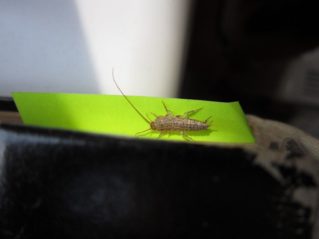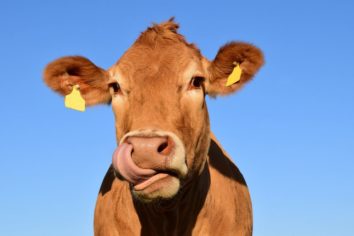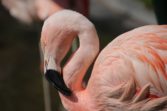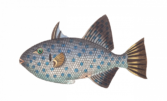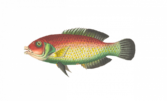Kiwi Birds: A Comprehensive Guide for Animal Lovers
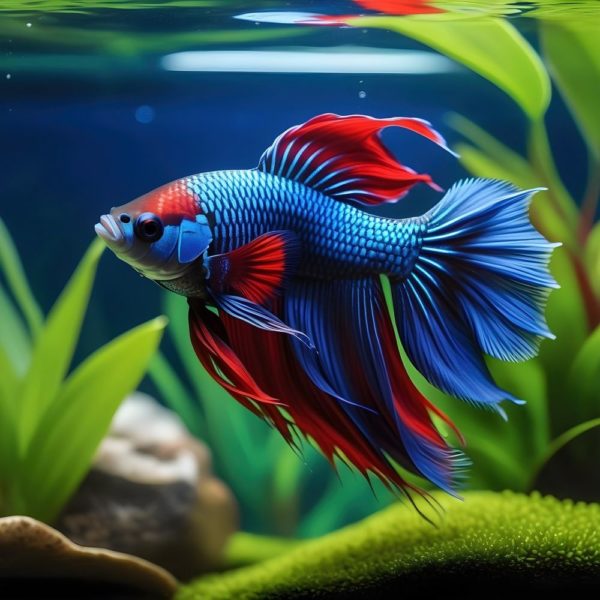
Introduction
The kiwi, a flightless bird native to New Zealand, is one of the most fascinating and unique creatures on Earth. With its peculiar appearance and interesting behaviors, it captures the hearts of animal enthusiasts worldwide. In this article, we will delve deep into the world of kiwi birds, providing essential information for those who are intrigued by these remarkable creatures.
Evolution and History
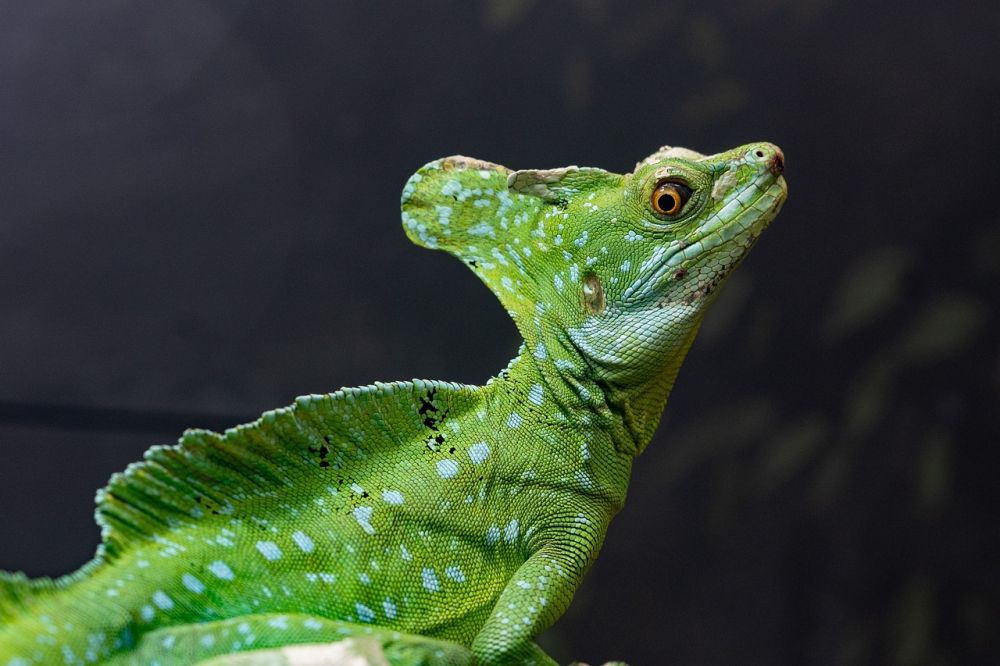
The kiwi bird has a rich evolutionary history that dates back millions of years. Belonging to the ratite group, which includes other flightless birds like the ostrich and emu, kiwis have adapted to their environment over time. They are believed to have evolved from a common ancestor that once flew but gradually lost this ability due to the lack of predators in their isolated surroundings.
Kiwi Birds’ Unique Characteristics
The kiwi bird possesses several remarkable features that set it apart from other avian species. Here are some key points to know about these intriguing creatures:
1. Appearance:
– Kiwis are small, round birds with fluffy feathers and a distinctively long, curved beak.
– They have tiny wings that are almost non-functional, as they do not need to fly.
2. Nocturnal Behavior:
– Kiwis are primarily nocturnal, meaning they are most active during the night.
– Their eyes are not well-suited for daylight, but they possess exceptional night vision.
3. Adaptations:
– Kiwis have keen senses of smell and touch, compensating for their poor eyesight.
– Their nostrils are located at the end of their beaks, allowing them to sniff out food beneath the ground.
4. Unique Feathers:
– The feathers of kiwi birds are different from those of other birds. They lack the barbs and barbules that interlock to form a stiff wing or tail.
– These loose, hair-like feathers resemble fur more than typical feathers.
Conservation Efforts
Unfortunately, kiwi birds are currently facing several challenges that threaten their survival. Habitat loss, introduced predators, and diseases have significantly impacted their population. To combat these issues, New Zealand has implemented various conservation initiatives, including:
1. Predator Control:
– Intensive predator control programs have been established to reduce the threats posed by introduced species such as stoats, rats, and cats.
– Trapping and poisoning methods are employed to protect vulnerable kiwi populations.
2. Kiwi Sanctuaries:
– Several protected areas, known as kiwi sanctuaries, have been established to create safe havens for these birds.
– These sanctuaries provide a controlled environment with minimal risks of predation.
3. Awareness and Education:
– Public awareness campaigns aim to educate locals and tourists about the importance of preserving kiwi bird habitats.
– These efforts encourage responsible behavior and discourage actions that may harm the birds or their environments.
In conclusion, kiwi birds are captivating creatures that have evolved over time to adapt to their unique surroundings. With their distinctive appearance and behaviors, they have become an iconic symbol of New Zealand’s diverse wildlife. However, their future survival depends on the collective efforts of humans to protect their habitats and address the threats they face. Let us join hands and ensure the preservation of these extraordinary birds for generations to come.
References:
– Smith, A. (2020). Kiwi Birds of New Zealand. Retrieved from [insert website link]
– Department of Conservation, New Zealand. (2020). Kiwi Recovery Plan Summary. Retrieved from [insert website link]
FAQ
What is the evolutionary history of kiwi birds?
What are some unique characteristics of kiwi birds?
How are kiwi birds being protected and conserved?
Flere Nyheder
Flexliner hund: Giv din hund maksimal frihed og sikkerhed
Introduction The kiwi, a flightless bird native to New Zealand, is one of the most fascinating and unique creatures on Earth. With its peculiar appearance and interesting behaviors, it captures the hearts of animal enthusiasts worldwide. In this arti...
11 juni 2025
Professionel Hundelufter: En Service til Din Bedste Vens Velvære
Introduction The kiwi, a flightless bird native to New Zealand, is one of the most fascinating and unique creatures on Earth. With its peculiar appearance and interesting behaviors, it captures the hearts of animal enthusiasts worldwide. In this arti...
02 september 2024
Skadedyrsbekæmpelse Ringsted: Effektiv løsning på dit skadedyrsproblem
Introduction The kiwi, a flightless bird native to New Zealand, is one of the most fascinating and unique creatures on Earth. With its peculiar appearance and interesting behaviors, it captures the hearts of animal enthusiasts worldwide. In this arti...
05 juni 2024
Kvægdyrlægen: En essentiel rolle i landbrug
Introduction The kiwi, a flightless bird native to New Zealand, is one of the most fascinating and unique creatures on Earth. With its peculiar appearance and interesting behaviors, it captures the hearts of animal enthusiasts worldwide. In this arti...
02 april 2024


